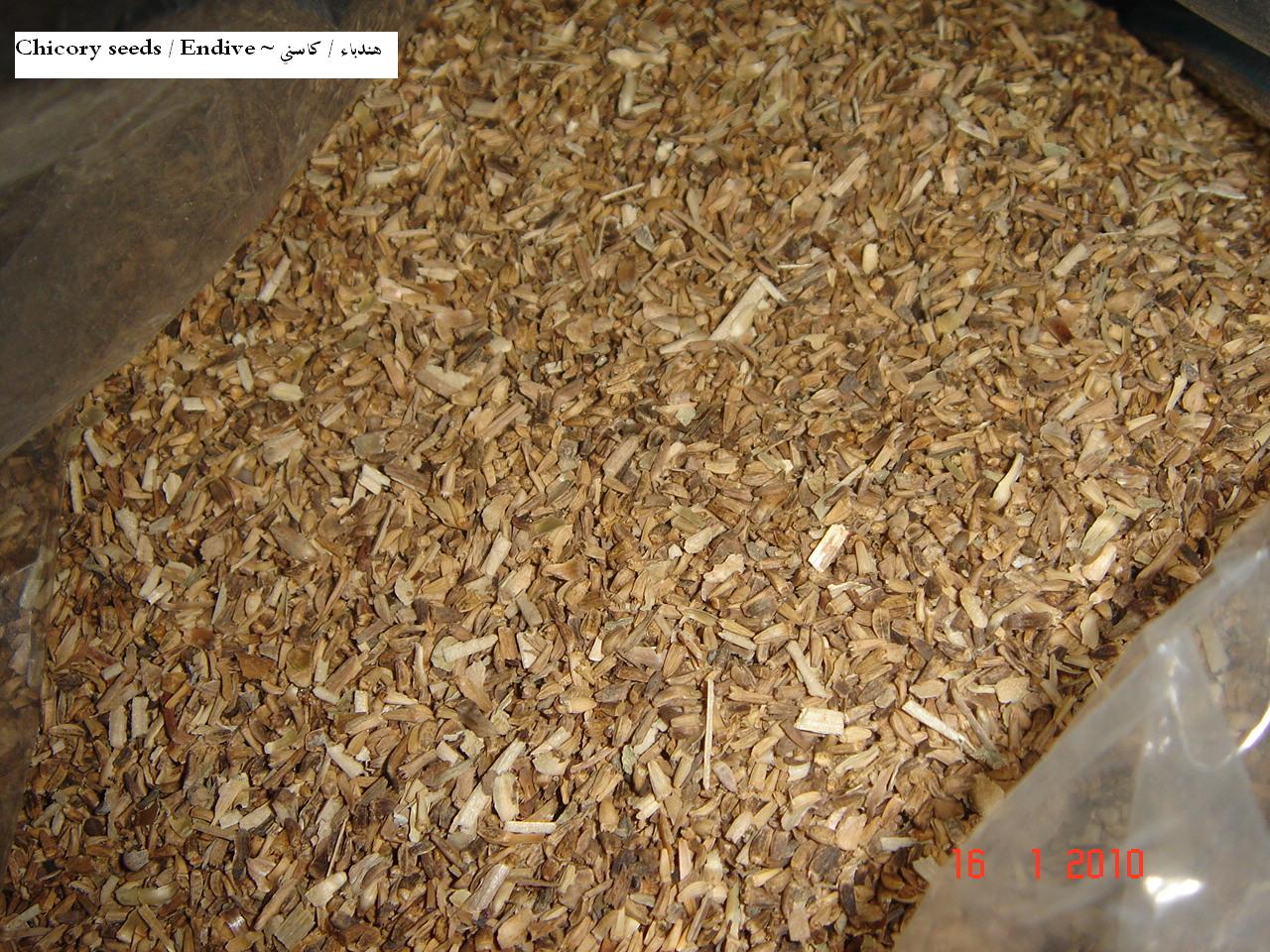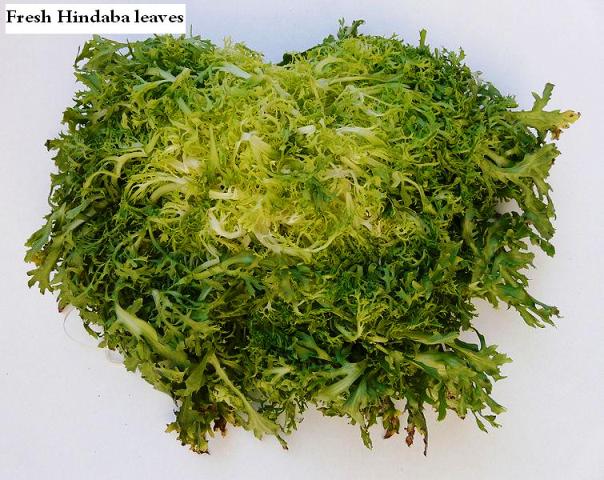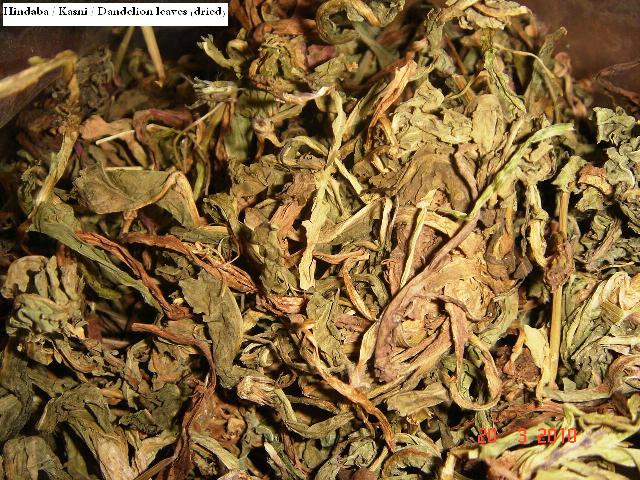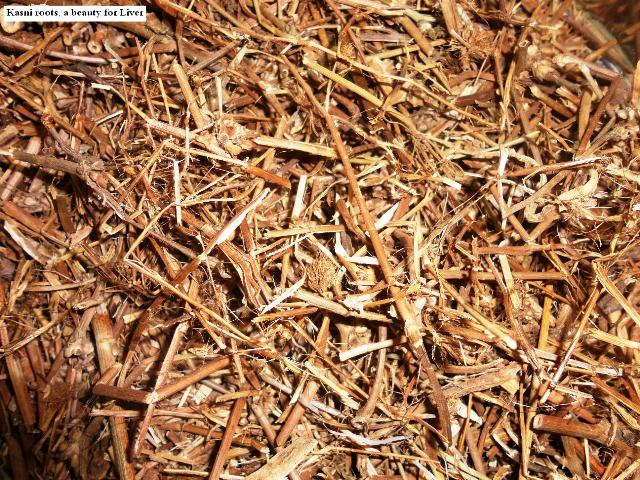Search
Main menu
- Home
- About us
- Online courses
- Tibb-e-Nabawi diet
- Diseases & Remedies
- Healing by Yaqeen
- Healing by Saalehaat
- Dua for Fear & Insomnia
- Dua for Extinguishing FIRE
- Fatihah even for Non-Muslims
- Ruqyah for General Sickness
- Ruqyah for Namlah (Sores)
- Ruqyah for Pains
- Ruqyah for Scorpion's Sting
- Ruqyah for Ulcers
- قُرْآنٌ / Quran
- فاتــحــة الكــتاب / Fatihah-al-Kitaab
- Sadaqah ~ Charity
- Salaat / Prayer
- Saum / FAST
- Healing by Hijaab
- Healing by Foods
- General Principles
- Zabeehah Rules
- The Healing Beverages / Drinks
- Foods ~ From Alif ( أ ) to Baa ( ب )
- Foods ~ From Taa ( ت ) to Raa ( ر )
- Foods ~ From Zaa ( ز ) to Ain ( ع )
- زبـــد / Zubd / Butter
- زنـــجبـــيل Zanjabeel / Ginger
- زَيْتٌ / Zait / Olive Oil
- ســـفرجـــل / Safarjal / Quince
- سِلـق / Silq (Beetroot)
- ســـمــك / Samak (Fish)
- سَمْن / Sam'n / Ghee
- شـــحـم / Sha'hm / FAT
- حنــيذ / شواء / Shiwaa' ~ Haneez
- طــلـــح / Tal'h / Bananas
- عـــدس / Adas (Lentils)
- عــســل / Honey
- عــنب / Enub / Grapes & Zabeeb
- Foods ~ From Qaaf ( ق ) to Yaa ( ى )
- Healing by Herbs
- Healing by Hijamah
- Prophet's Guidance
- Modern ailments
- Formulations
- Recipes
- Blessed Foods / Drinks
- Breakfasts
- Barley Soups
- BARLEY Cakes
- Cottage Cheese / Yogurt recipes
- Fish, Meat & Poultry
- Fruit Ice Creams
- Hais ~Kalaqand / Halwah recipes
- Pickles, Chutneys & Molasses
- Veggies / Lentils / Rice in Olive Oil
- Beetroot Pulao
- Camel's Qeema Pulao
- Red cabbage Pulao
- Bell Peppers in Olive Oil
- Bell Peppers stuffed with Kebabs
- Bitter Gourd in Olive Oil
- Black eyed peas with Beetroot
- Cauliflower in Olive Oil
- Oven Baked Vegetables
- SAAG with Olive Oil
- Sweet Potato Cutlets
- Sweet Potatoes in Olive Oil
- White Beans with Spinach
- Camel's meat Pulao with Red Rice
- Cooking with Olive Oil
- Halal Vinegar Technology
ثُمَّ نُورُكَ فَهَدَيْتَ فَلَكَ الحَمْدُ عَظُمَ حِلْمُكَ فَعَفَوْتَ فَلَكَ الحَمْدُ بَسَطْتَّ يَدَكَ فَأعْطَيْتَ فَلَكَ الحَمْدُ رَبَّنا وَجْهُكَ أكْرَمُ الوُجُوهِ وَجَاهُكَ أعْظَمُ الْجَاهِ وَعَطِيَّتُكَ اَفْضَلُ الْعَطِيَّةِ وَأهْنَـأُهَا تُطاعُ رَبُّنَا فَتَشْكُرُ وَتُعْصَى رَبُّنا فَتَغْفِر وَ تُجِيْبُ المـُضْطَر وَتَكْشِفُ الضُّرِّ وَتَشْفِي السَّقِيم وَتَغْفِرُ الذَّنْبَ وَتَقْبَلُ التَّوبَةَ وَلا يَجْزِى بِالآئِكَ أحَدٌ وَلا يَبْلُغُ مِدْحَتَكَ قَولُ قَاِئٍل
Hindaba (Chicory / KASNI)
هِنْدَبَا: ورد فيها ثلاثةُ أحاديث لا تصِحُّ عن رسول اللهِ صلى الله عليه وسلم، ولا يثبُت مثلها، بل هى موضوعة.. أحدها: "كُلُوا الهِندَبَاءَ ولا تَنْفُضُوهُ فإنه ليس يومٌ مِنَ الأيام إلا وقَطَراتٌ من الجَنَّةِ تَقْطُر عليه". الثانى: "مَن أكَلَ الهِندبَاء، ثم نام عليها لم يَحِلَّ فيهِ سَمٌ ولا سِحرٌ". الثالث: "ما مِنْ وَرَقةٍ من وَرَقِ الهِنْدبَاء إلا وعليها قَطْرَةٌ من الجَنَّةِ". وبعد.. فهى مستحيلة المزاج، منقلبةٌ بانقلاب فصول السنة، فهى فى الشتاء باردة رطبة، وفى الصيف حارة يابسة، وفى الرَّبيعِ والخريفِ معتدِلة، وفى غالب أحوالِها تميلُ إلى البرودة واليُبْس، وهى قابضة مبردةٌ، جيدةٌ للمَعِدَة، وإذا طُبِخَت وأُكلت بِخَلٍّ، عقَلتِ البطن وخاصةٌ البَرىَّ منها، فهى أجود للمَعِدَة، وأشد قبضاً، وتنفع مِن ضعفها. وإذا تُضمِّد بها، سلبت الالتهاب العارض فى المَعِدَة، وتنفع من النقْرس، ومن أورام العَيْن الحارة. وإذا تُضمِّد بَوَرَقِها وأُصولها، نفعت من لسع العقرب.وهى تُقَوِّى المَعِدَة، وتفتح السُّدد العارضة فى الكَبِد، وتنفع مِن أوجاعها حارِّها وباردِها، وتفتح سُدَد الطِّحال والعروق والأحشاء، وتُنَقِّى مجارى الكُلَى. وأنفعُهَا للكَبِدِ أمرُّها، وماؤها المعتَصَر ينفع من اليَرَقان السدَدى، ولا سِيَّما إذا خُلِط به ماء الرَّازَيَانَج الرطب، وإذا دُقَّ ورقُها، ووُضِع على الأورام الحارة برَّدها وحلَّلها، ويجلو ما فى المَعِدَة، ويُطفئُ حرارة الدَّم والصفراء. وأصلحُ ما أُكلت غير مغسولة ولا منفوضة، لأنها متى غُسلت أو نُفِضَت، فارقتها قُوَّتُها، وفيها مع ذلك قوة تِرياقية تنفعُ مِن جميع السموم. وإذا اكتُحِلَ بمائها، نفع من العَشَا، ويدخل ورقُها فى الترياق، وينفعُ من لدغ العقرب، ويُقاوِم أكثرَ السموم، وإذا اعتُصِرَ ماؤها، وصُبَّ عليه الزيتُ، خلَّص من الأدوية القتَّالة، وإذا اعتُصِرَ أصلُهَا، وشُرِبَ ماؤه، نفع من لسع
Ibn al-Qayyim wrote : Three Ahadith have been attributed to the Prophet Muhammad صلى الله عليه وسلم regarding Hindaba (chicory), but they are not authentic and cannot be reliably attributed to him. These Ahadith are fabricated. The three sayings are:
(1). "Eat chicory and do not wash/shake it, for there is no day in which drops from Paradise do not fall upon it.
(2). "Whoever eats chicory and then sleeps on it will not be affected by poison or magic."
(3). "There is no leaf of chicory except that it has a drop from Paradise on it."
Chicory has a variable temperament that changes with the seasons. In winter, it is cold and moist, in summer, it is hot and dry, in spring and autumn, it is moderate. Generally, it tends toward coolness and dryness in most conditions. It is astringent and cooling, making it good for the stomach. When cooked and eaten with vinegar, it tightens the stomach, especially the wild variety, which is more beneficial for the stomach and has a stronger astringent effect. It helps alleviate stomach weakness effectively.
For Digestive Health : When cooked and eaten with vinegar, it tightens the stomach, especially the wild variety, which is more effective for the stomach and more astringent. It is helpful for treating stomach weakness.
Topical Applications : When applied as a poultice, it alleviates inflammation in the stomach. It is effective in treating gout and hot inflammations of the eyes. A poultice made from its leaves and roots is beneficial for scorpion stings.
Hindaba strengthens the stomach, opens blockages in the liver and helps with both hot and cold liver pains, clears obstructions in the spleen, veins, and intestines, cleanses kidney passages.
The most beneficial part of chicory for the liver is its bitterness. Its extracted juice is effective in treating obstructive jaundice, especially when mixed with fennel water. When its leaves are crushed and applied to hot inflammations, it cools and disperses them. It cleanses the stomach, reduces blood heat, and alleviates bile disorders. The best way to consume it is without washing or shaking because washing or shaking it diminishes its potency. Chicory also possesses antidotal properties, making it effective against various poisons.
When chicory water is used as an eye salve, it benefits night blindness. Its leaves are included in antidotes and are effective against scorpion stings and resistant to most poisons. If its juice is extracted and mixed with oil, it neutralizes the effects of lethal poisons. The juice extracted from its root, when drunk, is beneficial for treating snake bites, scorpion stings, and wasp stings. The sap from its root clears white spots on the eyes.
Hindaba by Abu Nu’aim Isfahani : Abu Nu’aim (died in 430th year of Hijrah) has mentioned the following Ahadiath in his book on Tibb-e-Nabawi:
٦٧٥- حَدَّثَنا أبو بحر محمد بن الحسن، حَدَّثَنا محمد بن يونس، حَدَّثَنا إبراهيم بن الحسن العلاف بصري، حَدَّثَنا عُمَر بن حفص ⦗٦٢٨⦘ المازني، عَن بشر بن عبد الله، عَن جعفر بن محمد، عَن أبيه، عَن جَدِّه الحسين بن علي قال: سمعت رسول الله صَلَّى الله عَليْهِ وَسلَّم يقول: ما من ورقة من ورق الهندباء إلا عليها قطرة من ماء الجنة
Narrated by Abu Bahr Muhammad ibn al-Hasan, who reported from Muhammad ibn Yunus, from Ibrahim ibn al-Hasan al-Allaf al-Basri, from Umar ibn Hafs al-Mazini, from Bishr ibn Abdullah, from Ja'far ibn Muhammad, from his father, from his grandfather, Al-Husayn ibn Ali (may Allah be pleased with him), who said: "I heard the Messenger of Allah صَلَّى الله عَليْهِ وَسلَّم say: 'There is no leaf of the chicory plant (Hindaba’) except that it carries a drop of water from Paradise.'
٦٧٦- حَدَّثَنا أبو بكر بن خلاد، حَدَّثَنا الحارث بن أبي أسامة، حَدَّثَنا ⦗٦٢٩⦘ عبد الرحيم بن واقد، حَدَّثَنا إسماعيل بن إبراهيم بن زكريا الهاشمي أنبأ أبان بن المحبر، عَن أبان بن أبي عياش، عَن أنس بن مالك، قال: قال رسول الله صَلَّى الله عَليْهِ وَسلَّم: كلوا من الهندباء ولا تنفضوه فإنه ليس يوم من الأيام إلا وقطرات من الجنة تقطر عليه
Narrated by Abu Bakr ibn Khalad, who reported from Al-Harith ibn Abi Usama, from Abd al-Rahim ibn Waqid, from Ismail ibn Ibrahim ibn Zakariya al-Hashimi, who informed from Aban ibn al-Muhabbar, from Aban ibn Abi Ayyash, from Anas ibn Malik (may Allah be pleased with him), who said: The Messenger of Allah صَلَّى الله عَليْهِ وَسلَّم said: "Eat from the chicory plant (Hindaba’) and do not shake it off, for there is no day except that drops from Paradise fall upon it."
٦٧٧- حَدَّثَنا سليمان بن أحمد، حَدَّثَنا أحمد بن داود المكي، حَدَّثَنا حفص بن عُمَر المازني، حَدَّثَنا أرطأة بن الأشعث، حَدَّثَنا بشر بن عبد الله بن عَمْرو الخثعمي قال: دخلت على محمد بن علي بن الحسين وعنده ابنه فقال: هلم إلى الغداء فقلت: قد تغديت يا ابن رسول الله فقال: أما إنه هندباء ⦗٦٣٠⦘ فقلت: يا ابن رسول الله وما في الهندباء؟ قال: حدثني أبي، عَن جدي أن رسول الله صَلَّى الله عَليْهِ وَسلَّم قال: ما من ورقة من ورق الهندباء إلا وعليها قطرة من ماء الجنة
Narrated by Sulayman ibn Ahmad, who reported from Ahmad ibn Dawud al-Makki, from Hafs ibn Umar al-Mazini, from Arta'ah ibn al-Ash'ath, from Bishr ibn Abdullah ibn Amr al-Khath'ami, who said: "I visited Muhammad ibn Ali ibn al-Husayn (may Allah be pleased with him), and his son was with him. He said: 'Come and join us for lunch.' I replied: 'I have already eaten, O son of the Messenger of Allah.' He said: 'But it is chicory (Hindaba’).' I asked, 'O son of the Messenger of Allah, what is special about chicory?' He said: 'My father narrated to me from my grandfather that the Messenger of Allah صَلَّى الله عَليْهِ وَسلَّم said: "There is no leaf of the chicory plant except that it carries a drop of water from Paradise."
٦٧٨- حَدَّثَنا أبي، حَدَّثَنا محمد بن أحمد بن أبي يحيى، حَدَّثَنا صالح بن سهل، حَدَّثَنا موسى بن معاذ، حَدَّثَنا عُمَر بن يحيى بن أبي سلمة حدثتني أم كلثوم بنت أبي سلمة، عَن ابن عباس، قال: قال رسول الله صَلَّى الله عَليْهِ وَسلَّم: عليكم بالهندباء فإنه ما من يوم إلا وهو تقطر عليه قطرة من قطر الجنة
Reported from Muhammad ibn Ahmad ibn Abi Yahya, from Salih ibn Sahl, from Musa ibn Mu'adh, from Umar ibn Yahya ibn Abi Salama, who said that Umm Kulthum bint Abi Salama narrated to me from Ibn Abbas (may Allah be pleased with him), who said: The Messenger of Allah صَلَّى الله عَليْهِ وَسلَّم said: "You should consume chicory (Hindaba’), for there is no day except that a drop from Paradise falls upon it."
الكتاب: الطب النبوي / المؤلف: أبو نعيم أحمد بن عبد الله بن أحمد بن إسحاق بن موسى بن مهران الأصبهاني (ت ٤٣٠هـ)
Dawood Antaaki wrote :
Hindaba/Kasni changes with seasons and adapts to climates, which affects its properties. Despite its cold nature, it does not cause excessive cooling. It is effective in alleviating fevers, thirst, heat, headaches, palpitations, jaundice, and weakness of the liver, spleen, and kidneys, especially when consumed with Sakanjabeen/oxymel (vinegar and honey mixture). It has a diuretic effect. When mixed with cooked sandalwood and fennel, it acts as an antidote to all poisons and strengthens the stomach.
When combined with Asfanakh (spinach) & used as a poultice, it reduces swelling. It is slow to digest, but this can be improved by adding garden cress to it. It is said that wild Hindaba/Kasni clears white spots on the eyes.
Ibn al-Baytaar wrote :
Hindaba/Kasni is slightly bitter, leading some to call it "wild Hindaba/Kasni." It is cold and dry, leaning toward dryness in the first degree. Cultivated Hindaba/Kasni has more cooling properties due to its moisture, which balances its dryness. All varieties of Hindaba/Kasni are astringent, cooling, and beneficial for the stomach. When cooked and eaten, it is constipating, especially the wild type, which is more effective for the stomach and better at tightening. Hindaba/Kasni helps with weakness of the stomach and heart.
Crushed leaves, alone or mixed with flour, can soothe stomach inflammation and reduce heart palpitations. It treats gout and hot inflammations of the eyes when mixed with flour and vinegar. A poultice of Hindaba/Kasni leaves and roots is effective for scorpion stings. Mixed with flour, it reduces boils. Hindaba/Kasni juice mixed with vinegar forms a cooling lotion. When its juice is boiled and skimmed, then consumed with oxymel (vinegar and honey), it clears blockages, cleanses harmful fluids, and helps with prolonged fevers.
Razi (on food effects): Hindaba/Kasni benefits the liver and inflamed stomach. It is not as cooling or thirst-quenching as lettuce but is beneficial for liver pain (both hot and cold). Wild Hindaba/Kasni, which has less exposure to water, causes less bloating and is more effective.
Israeli Physicians: Hindaba/Kasni juice boiled and skimmed, when consumed with oxymel, clears blockages and purifies decayed fluids. It alleviates jaundice and opens liver blockages.
Ibn Sina (Avicenna): Hindaba/Kasni mixed with Cassia fistula (AMALTAS) helps with throat swelling when gargled. It reduces nausea, calms bile disorders, and is ideal for hot-tempered stomachs. It benefits all liver types, particularly hot-tempered ones, and is less harmful as compared to other cold natured greens. It alleviates tertian and quartan fevers and is effective against cold fevers.
Wild Chicory (Hindaba) resembles the small leaves of cultivated chicory but has finer stalks, about two spans long or shorter, with small, dark blue flowers. It produces fine seeds. The predominant quality of wild chicory is mild coolness, with a hint of bitterness, which gives it moderate astringency. This makes it an excellent remedy for disorders of the hot-tempered liver.
Hunayn (in "Selections"): Drinking wild chicory helps with scorpion, snake, and wasp stings, as well as tertian fever.
Masarjawaih: Wild chicory is cold (in the second degree) and predominantly dry.
Al-Tabari: Wild chicory is similar to cultivated chicory but sharper in taste and less cooling. Its seeds have similar potency to its juice. When its leaf extract is applied as an eye salve, it benefits night blindness. Its leaves are also included in antidotes and are useful in treating fevers, especially for individuals who consume little water.
Ibn Maseeh: Wild chicory strengthens and tones the stomach. When grown in gardens or water-abundant areas, its coolness increases, and its dryness decreases. It is particularly effective for insect bites when eaten or its juice is drunk. It can be used in all treatments where cultivated chicory is prescribed.
Ishaq ibn Imran: It benefits cases of blood spitting and quenches thirst. Stimulates appetite, opens blockages, and is effective against tertian fever, dropsy, and heart weakness when consumed or used as a poultice. It alleviates scorpion stings, heat, and combats many toxins. Its extracted juice, when mixed with oil and consumed, neutralizes lethal poisons and restores health. Its softness clears white spots on the eye when used as an eye salve. It helps with dropsy caused by a hot liver swelling and reduces blood agitation. It is effective against persistent fever and strengthens or weakens depending on its concentration. Its seeds have similar effects to its juice but are slightly weaker.
Ibn-e-Sina wrote: There are two types of Hindba: wild and cultivated. The wild variety is rougher and smaller, while the cultivated variety comes in two forms—wide-leaved and narrow-leaved. It resembles lettuce in appearance but is considered less beneficial in some qualities. However, it is said to be more effective in opening the liver's blockages, though less nourishing and cooling than lettuce. The most beneficial for the liver is the wild variety. It is cold in nature, with the cultivated variety being colder and more moist. The wild variety is less moist.
Actions and Properties: It opens blockages in the body’s organs and blood vessels. Its water, when mixed with vinegar, is excellent for cooling the body when needed. It has mild astringent properties. For joint pain, it can be used as a poultice for gout.
Eye Treatment: It is beneficial for treating hot eye conditions like conjunctivitis. The juice of wild Hindba leaves can help clear the white part of the eye.
Respiratory and Chest Health: When used with barley flour, it can be applied to the chest to help with heart palpitations and strengthen the heart. It is also helpful for throat inflammation when combined with water from cucumbers. Gargling with it can relieve throat swellings.
Digestive System: Hindba helps calm nausea and the irritation caused by excess bile. It is also beneficial for the stomach, especially when there is an imbalance of hot temperament in the stomach. The wild variety is better for the stomach than the cultivated one. It is compatible with the liver’s temperament, especially for those who are hot-natured.
Elimination System: It aids in regulating bowel movements, especially the wild variety when eaten with vinegar.
Fevers: It is useful for treating intermittent fevers and cold fevers.
Poisons: When applied as a poultice with its roots, it can be used to treat the stings of scorpions, wasps, hornets, and snake bites. It also has a therapeutic effect on leprosy, especially when combined with barley flour.




 Online Guests
Online Guests
We have 239 guests and no members online

